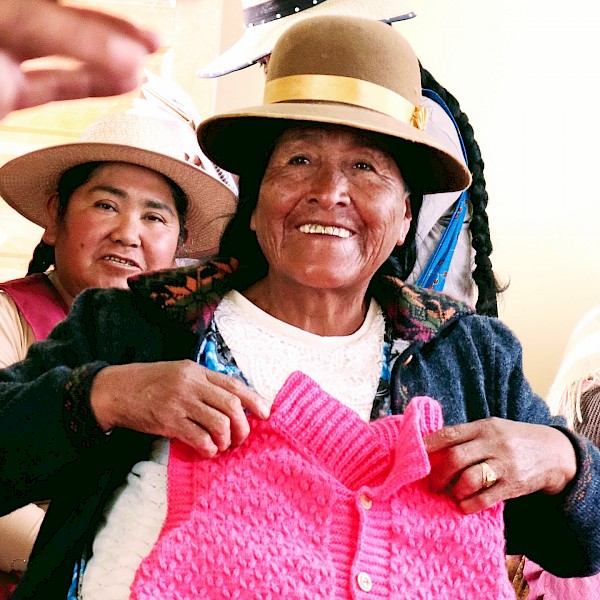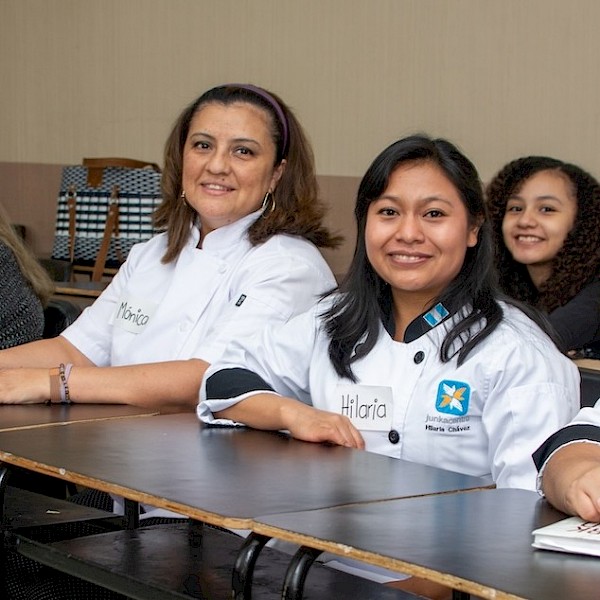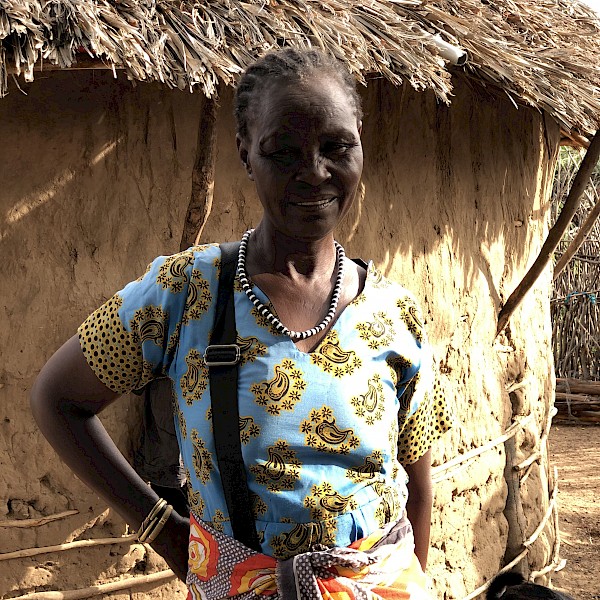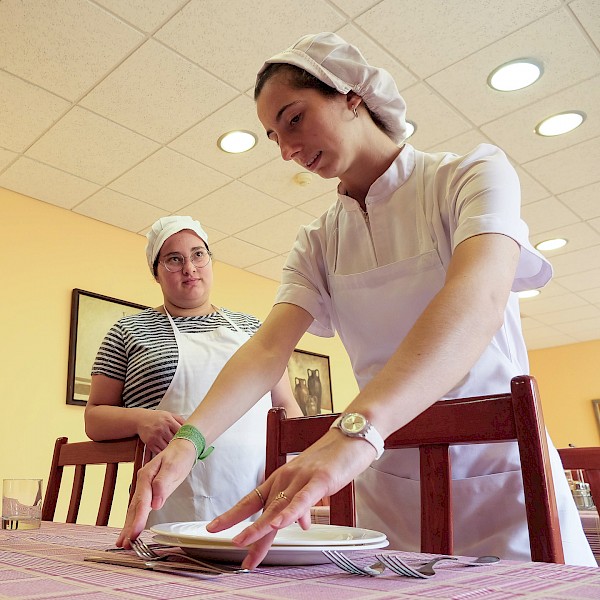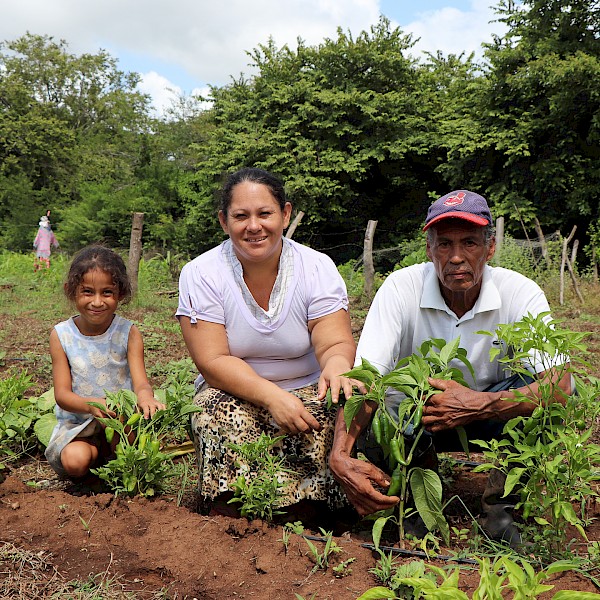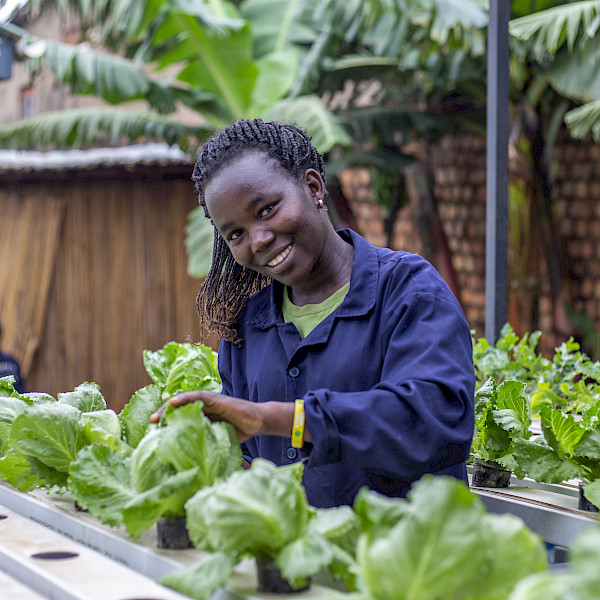Bolivia
Empowerment of Aymara-women in the Bolivian Altiplano

Duration
2014 – 2015

Budget
94 000 €

Beneficiaries
Aymara women
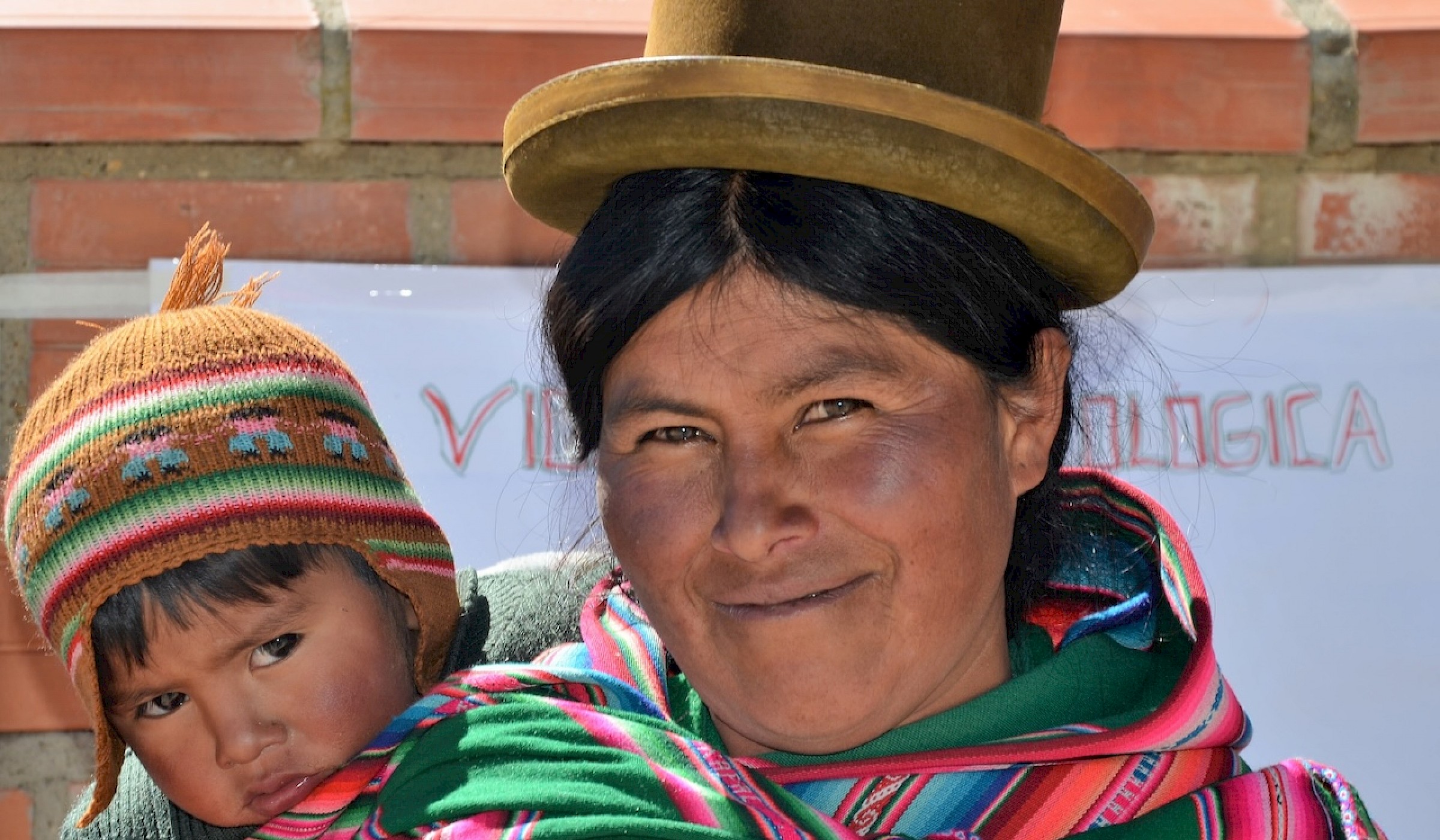


Strengthening Women's Political Agency and Economic Rights
Inter-Cultur's first project in Bolivian Altiplano aimed for the indigenous Aymara women to play a larger role in decision-making, for the burden on men and women to be balanced, and for women to be recognized for their abilities. First of all, the people of these rural communities were successfully helped to strengthen their knowledge of their rights and to understand gender equality. They also acquired technical abilities in the processing of vegetables to improve the quality of processed products in the family processing centers.
The authorities of the community now recognize women as farmers, especially in the area of vegetables, since they bear the responsibility for this product's entire processing cycle. This strengthens their presence and influence within the social structure. Cooperation was undertaken through training workshops where assistance was provided to the group as a whole and each producer.
This project has been funded by the Ministry for Foreign Affairs of Finland.
Key Achievements and Outcomes:
- 50 women farmers received a certificate of having acquired technical skills in food processing.
- Human rights training was provided to communities, leading to a reduction in domestic violence and a more equitable distribution of domestic labor.
Countries
Bolivia
Home to the Andes mountains, Bolivia faces challenges such as poverty and environmental concerns, particularly among its indigenous populations. Our partnership with AYNI focuses on vocational training, literacy, and sustainable agriculture, aiming to empower marginalized communities and women.
Guatemala
In Guatemala, a country known for its rich indigenous heritage, we address the needs of women in disadvantaged situations through Fundación Junkabal. Our initiatives in vocational training and micro-entrepreneurship are designed to uplift women and advocate for human rights.
Kenya
Kenya's diverse landscape is the backdrop for our efforts to tackle poverty and unemployment in the country. Examples of our work include offering vocational education in Nairobi's slums through SET and Eastlands College of Technology, and improving the agricultural activities of rural women in Turkana County, both aiming to improve life quality and employment prospects with an integral formation model.
Lebanon
Lebanon, with its millennia-old heritage, navigates through profound economic crises and a significant refugee presence. In response, our partnership with PRODES and IMS is dedicated to empowering women through vocational training in hospitality, tourism, and gastronomy, equipping young women from rural areas for better prospects.
Nicaragua
Nicaragua, with its dramatic volcanic landscape, faces social unrest and economic difficulties. Our work with ANDECU supports women by investing in vocational training centers and micro-business resources, empowering them to improve their income levels and overcome challenges in their families and communities.
Uganda
Uganda, known for its diverse landscapes and rich cultural heritage, faces socio-economic disparities and gender inequality impacting vocational education access. Partnering with COWA, we provide women and youth with vocational training and technological empowerment to boost employment opportunities and economic independence, promoting gender equality and sustainable development.
